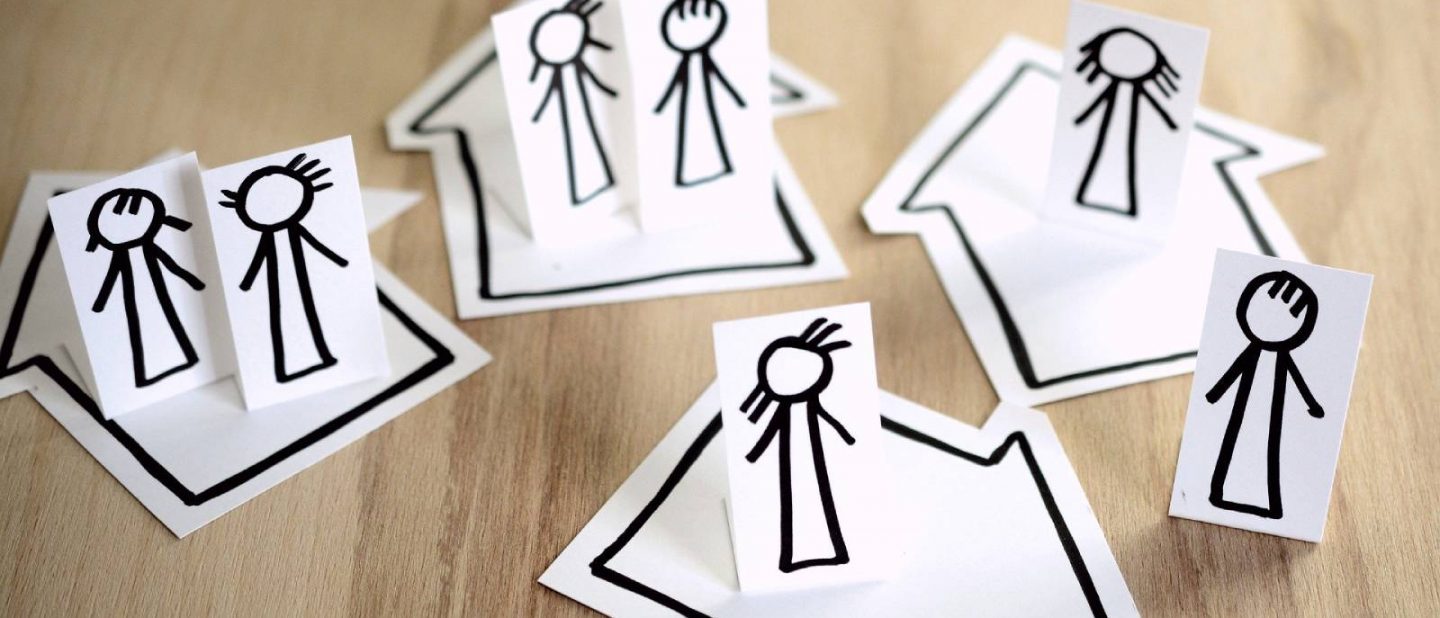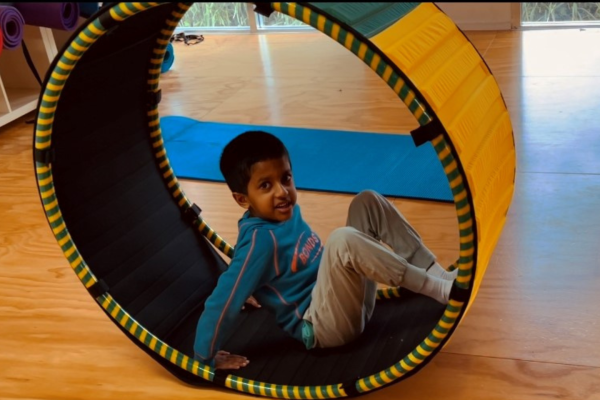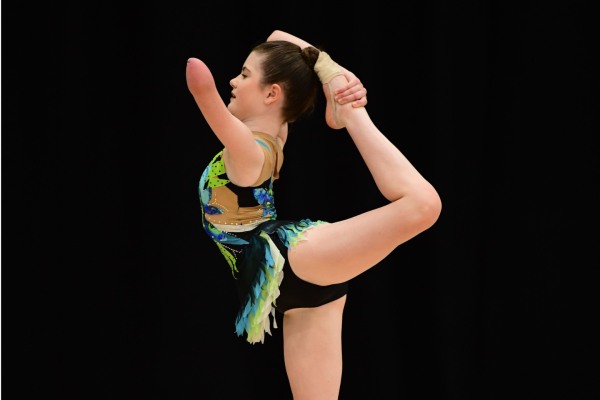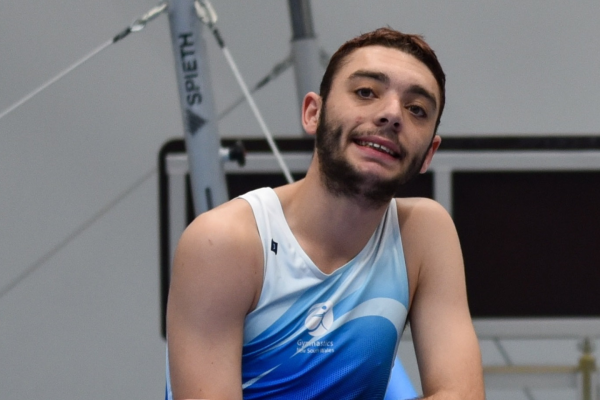
Special needs parenting, COVID-19 & my mental health
By Kelly Wilton
I visited the psychiatric clinic the other morning – it was another check in with my husband’s doctor for managing his chronic depression. I’ve also been very open in the past about dealing with my own mental health challenges – PTSD, anxiety and depression.
Our kids know we see a doctor about our brains and feelings. Ironically, our son with medical challenges associated with his disability, also regularly sees a multitude of doctors and therapists to help manage his own set of circumstances; our kids understand this is quite normal and routine for us.
We are seeking help at a time when the whole world is struggling; what was everyone’s ‘normal’ a few weeks ago has now changed dramatically and the situation is changing daily.
From our point of view, we (my husband and I) want to be as well equipped as possible to help ourselves and those around us at this uncertain time and we know from past experience that we need extra support from professionals to be able to do this.
We tend to put on a strong united front but usually one of us is supporting the other behind the scenes, when the other is down and out and vice versa. Just a little more than 12 months ago, we managed a financial strain when my husband was made redundant from work and became the family’s primary care giver for 5 months. I returned to work full-time in an environment that I wasn’t used to. It was challenging and difficult and I nearly broke.
My main takeaway from the recent appointment that I mentioned at the beginning of this piece was that you cannot suppress your feelings. Your feelings are just that; they are a part of you but they don’t define what an outcome will be. When you don’t suppress, you can identify and acknowledge the feeling (fear of the unknown in our case) and then work through brainstorming this into practical ways to problem solve, meeting those overwhelming feelings head on.
We’ve seen recently what happens when people are stressed and panicked. They react without problem solving. The reaction and stress builds and builds and the result is absurd non-sensical behaviour. We’ve all watched the news, we’ve all seen it.
As parents and carers of kids with disabilities, I think we are a damn strong community. Not taking away from the important fact that we have some of the most vulnerable members of society – our own children as well as the carers and parents, who quite often have their own health challenges – many of us already know what it’s like to self-isolate, to minimise exposure from the general public, to purchase only what is necessary because we don’t have any extra money to ‘panic buy’. We often cancel plans, change direction with our routines and manage the fall out of our lives in general. I would like to acknowledge that most of us have had great practice in living in uncertainty and this has made us damn great problem solvers!
So here we are, on the brink of the scenario of ‘it’s going to get worse before it gets better’, so we stay focused, look up, concentrate on the day to day and hang on to this rollercoaster ride.
Hey, we’ve got this, haven’t we? Because this is what we do in our community. This is you, this is me, this is us.






